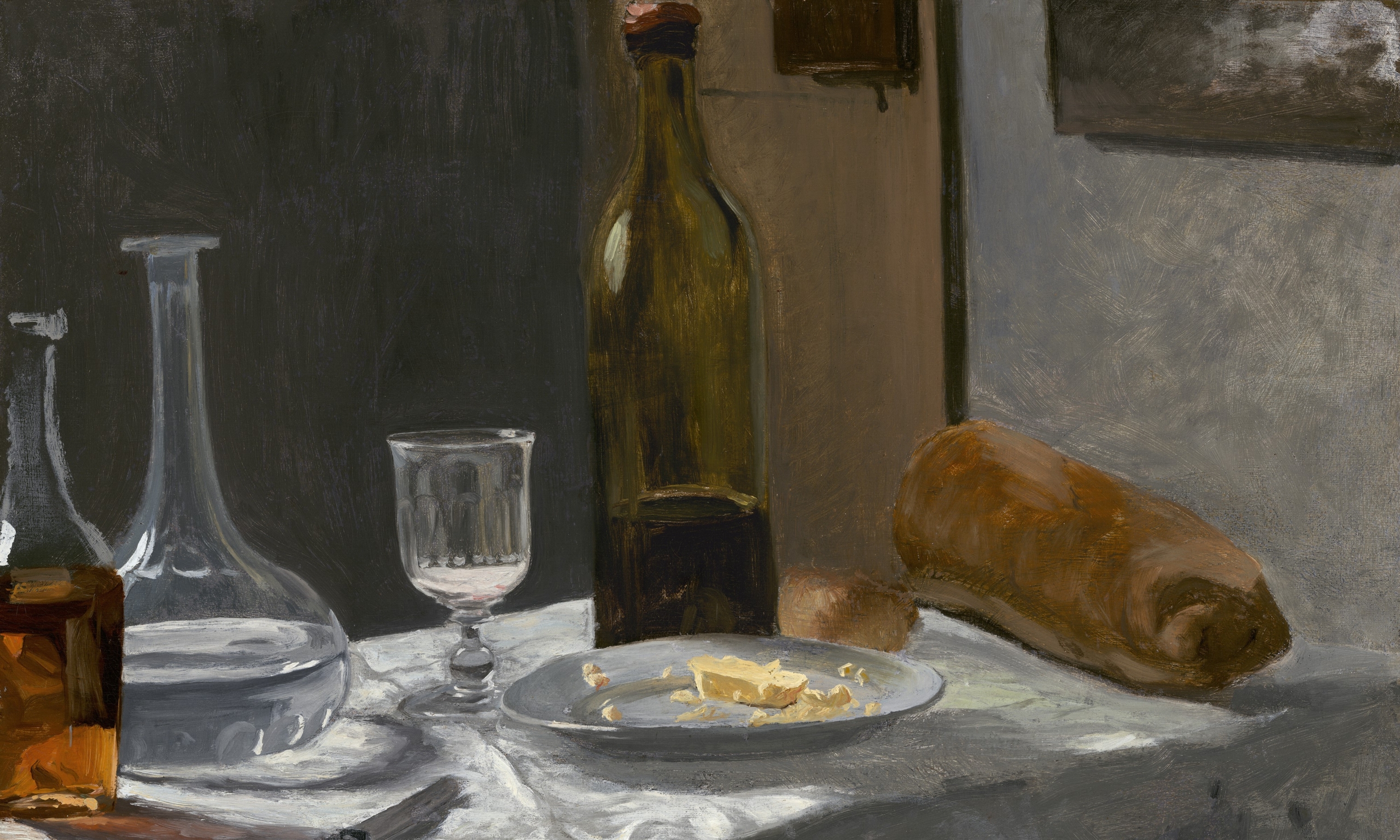“The days will come, and when the bridegroom is taken away from them, then they will fast in those days.”(Luke 5:35)
These words from the Gospel prompt an important question: why do we not fast always? Why are we not like John the Baptist, eating locusts and honey in the desert? Why do we occasionally eat nice meals and take part in festivals or other joyous occasions? Shouldn’t we rather be mourning because our Lord has been taken away from us? After all, we are in a vale of tears far away from the bridegroom of our souls. In one sense this is true: Jesus in the paschal mystery was taken away from us in his Passion, returned in his bodily Resurrection, and has ascended into glory with the Father. However, Jesus also reassures us after his Resurrection of his abiding presence, saying, “I am with you always even until the end of the age”(Matt 28:20). Therefore, we still celebrate Christ’s presence among us with various festivities.
So, are we supposed to fast or not? Saint Thomas tells us in the Summa Theologiae that fasting is a precept of natural law (ST II-II Q. 147, a. 3). In other words all people are required to fast in some way. People of different cultures and time periods fast according to this natural precept, even if in imperfect ways:various religions, natural philosophers, and even modern dieting regimens take up the idea of fasting with various benefits in mind. Put in this context, we can see that, in the sermon on the mount, Jesus’s words “… when you fast” assume some exercise of fasting (Matt 6:16).
Granted, we ought to fast occasionally, but what is the benefit to fasting? Saint Thomas tells us that fasting is good for man’s growth in virtue and prayer—it helps man to grow in temperance and in contemplating the truth. In addition, fasting also satisfies for sin (ST II-II Q. 147, a. 1). This last aspect is what motivated the people of Nineveh to fast when Jonah preached repentance (Jonah 3). As the Catechism of the Catholic Church explains, “fasting [along with prayer and almsgiving] expresses conversion in relation to oneself, to God, and to others” (CCC 1434). Therefore accompanied by conversion of heart, fasting expresses true repentance from sin.
This third point clearly sets religious fasting apart from secular fasting, and has further implications for this Christian discipline. Although fasting is a precept of the natural law, the Church dictates when the Christian people fast because, as St. Thomas says, the Church has the responsibility of the spiritual well being of the Christian people (ST II-II Q. 147, a. 3). The Western Church asks us to fast on Ash Wednesday and Good Friday and to abstain from meat every Friday of the year (while also allowing a suitable penance in place of abstinence on the Fridays outside of Lent). Abstinence is a simplified form of fasting, wherein we abstain from those things which are most pleasurable to our palates, which is obviously the meat of animals (ST II-II Q. 147, a. 8). These laws of the Church are not the laws of God, so the Church can change her fasting regulations and can dispense from fasting for reasons of health or other such reasons. Of course we are invited to fast and abstain more than what the law of the Church requires.
On the whole, by following the Church’s laws on fasting, we are able to come closer to the sufferings of Jesus and offer our own sufferings for our sins and the sins of the whole world. This is why the Church reminds us to offer a simple penance every single Friday; she teaches us to make this simple sacrifice of meat that we might merit to be more conformed to Christ. In this way, we commemorate the suffering of Jesus Christ on the cross and grow in our hunger to partake of the wedding feast of the Lamb.
✠
Image: Claude Monet, Still Life with Bottle, Carafe, Bread, and Wine (Public Domain)







